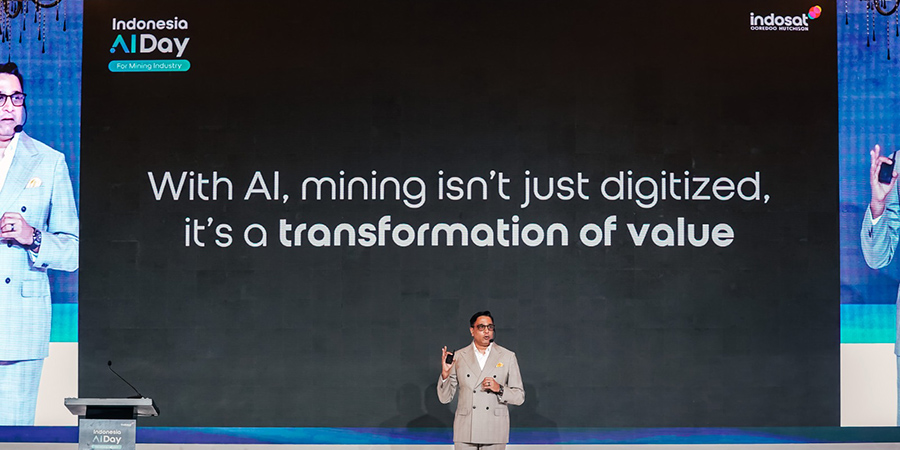
Singapore’s Infocomm Media Development Authority (IMDA) launched a public consultation to seek views on its proposed framework for the Telecommunication and Subscription TV Mediation-Adjudication Scheme which aims to introduce an alternative dispute resolution scheme for telecommunication and media services.
This proposal was first unveiled in August 2016 as part of the public consultation on amendments to the IMDA Act and Telecommunications Act, and is intended to supplement existing consumer protection measures and dispute resolution approach to meet rising public expectations for better customer care and service levels.
The Scheme aims to provide an alternative avenue for consumers and small businesses to resolve disputes with telecommunication and media service providers in a “fair, affordable, and effective manner,” while incentivizing faster resolution by the service providers.
IMDA is proposing a two-stage process for the Scheme: In the mediation stage, where the disputing parties agree on a resolution, the terms of settlement for the dispute will be recorded in a written agreement that is binding on both parties. In the adjudication stage, the adjudicated decision will be final and binding on the service provider if the consumer accepts it.
As the Scheme is intended to supplement and not replace existing complaint channels set out by service providers, consumers are to first approach their respective service providers to resolve any disputes before escalating unresolved disputes to the alternative dispute resolution body appointed by IMDA.
IMDA is also proposing to make it mandatory for certain telecommunication and media service providers to participate in the Scheme to ensure a more effective dispute resolution process for consumers and small businesses. Consumers, however, will have the flexibility to resolve their disputes through the Scheme or through other avenues such as the Small Claims Tribunal.
The Scheme is designed to cover widely-used telecommunication and media services, such as mobile, broadband and subscription TV services. It will also seek to address common disputes that are known to be consumer pain-points, such as disputes on billing or service quality that can usually be resolved through service recovery efforts, or compensated in kind of monetary terms.







